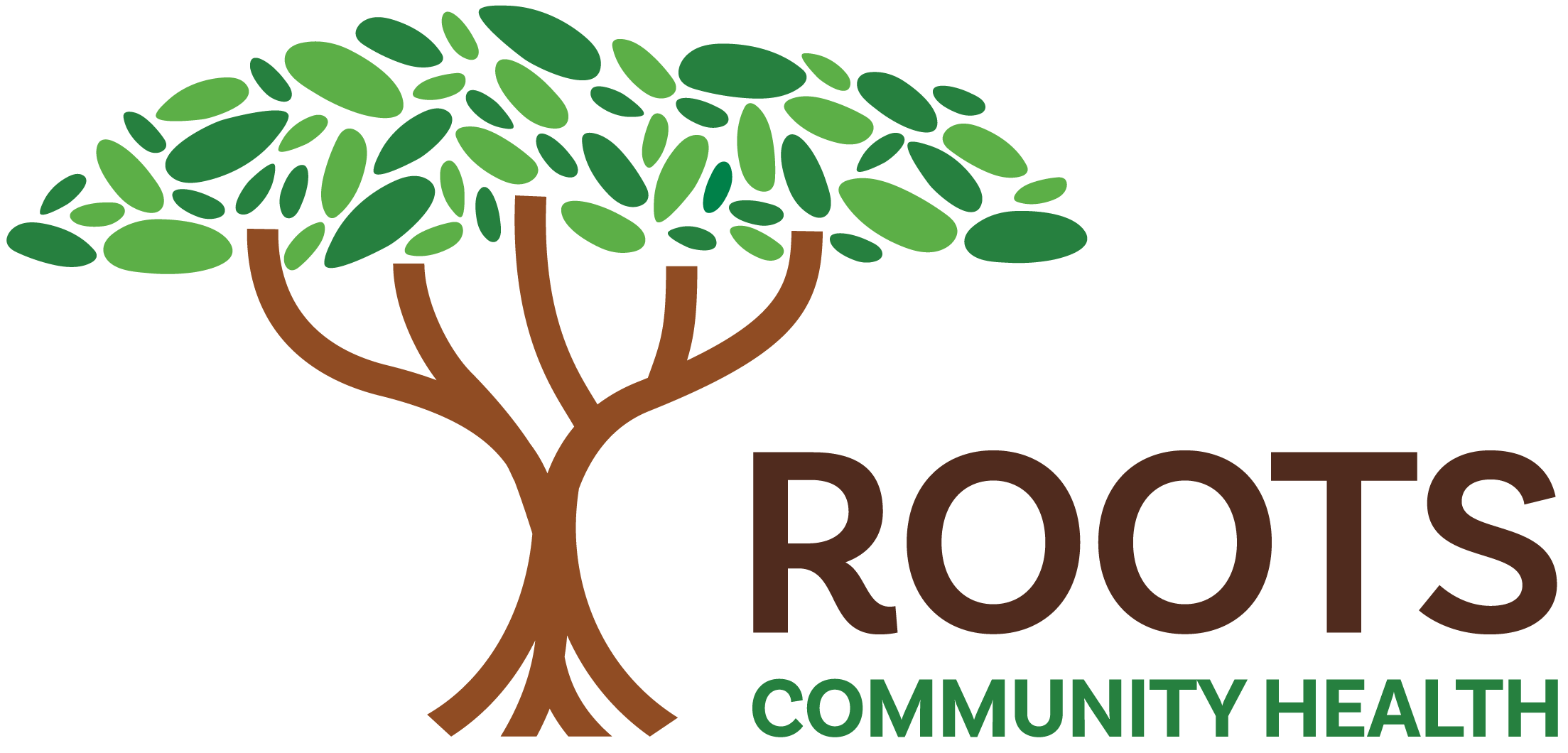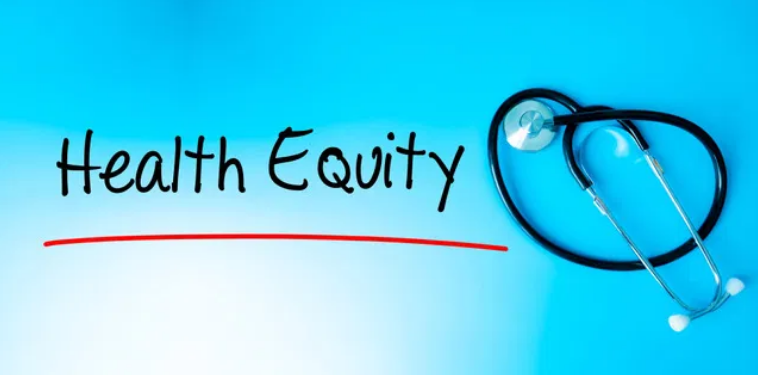Advocates to Gov. Newsom: Racial Disparities Are a Public Health Crisis
Bo Tefu | California Black Media

(CBM) – Some health advocates are calling on Gov. Gavin Newsom to treat health inequity in California as a public health crisis – one that is complicated by racism.
Their appeal to the governor comes as California state officials propose a $115 million investment in the state’s budget for the next fiscal year to address health disparities. If approved, some of the money would fund programs administered by community-based organizations.
“The biggest hardship that we’re facing right now is really getting the governor to support investments to community-based organizations to focus on health equity and racial justice interventions within healthcare,” said Ron Coleman, the managing director of policy for the California Pan-Ethnic Health Network (CPEHN).
Coleman said the state needs to make new investments in public health that will remedy the social determinants that worsen health disparities in the healthcare system.
In the revised May budget, Newsom proposed a $115 million annual grant program for health equity and $200 million for local health infrastructure. He also included $15 million in funds to support underprivileged lesbian, gay, bisexual, transgender, and queer (LGBTQ) people.
Despite the plan to increase spending on leveling the playing field in health care, a dozen community-based organizations want Gov. Newsom to do more. In addition to CPENH, other organizations include the Asian Pacific Partners for Empowerment, Advocacy and Leadership (APPEAL), Black Women for Wellness Action Project, California Black Health Network, California Black Women’s Health Project, California Latinas for Reproductive Justice, Latino Coalition for a Healthy California, Public Health Advocates, Public Health Institute, Roots Community Health, and Roots of Change.
The leaders of these organizations are asking the state to expand support for health programs with funds from California’s budget surplus that are targeted to addressing health disparities that impact vulnerable populations, including low-income Black and Brown families.
In the May budget revisions, “There was absolutely no new investment in the budget for public health, whether it’s the infrastructure, workforce, health equity racial justice, or prevention,” said Coleman.
Coleman specified that the money Newsom is allotting for health equity should go to community-based organizations, particularly for racial justice interventions in the healthcare system.
“We need Governor Newsom to begin treating racism as a public health crisis and make the investments in the community that will help us reduce healthcare disparities and improve health outcomes,” said Coleman.
Gov. Newsom said that the state has partnered with multiple community-based organizations for public outreach and vaccine pop-up sites. The state has also collaborated with “influencers” to implement earned and paid media strategies to counter misinformation related to COVID-19.
“This has been a historic year advancing our collective goals and values. In real-time, we’ve been making historic investments in the budget process,” said Newsom.
The state’s partnerships are important in, “advancing to address real vaccine issues in the state,” he said.
The state has also expanded public messaging to local clinics in ethnic communities to encourage people to get vaccinated.
“We’ve been significantly increasing those efforts with community-based organizations in language outreach and more pop-up sites,” said Newsom.
The state also set up information sites and phone operations with people “answering those stubborn questions that people have about the safety and efficacy of our vaccine efforts,” he continued.
However, health advocates are wary about the efficacy of the state’s public health messaging campaigns as a means to reduce health disparities in ethnic communities that were the most impacted by the COVID-19 pandemic.
Coleman said that public health messaging is a promising start. But ethnic communities still need better access to health care.
“It’s great that they’re utilizing trusted messengers to disseminate information, but the state should actually be making an investment to support these organizations in helping to advance the improvements of health outcomes,” said Coleman.
Community-based organizations have been trusted messengers for the government through the pandemic. Although COVID-19 exposed health inequity, health disparities existed in ethnic communities prior to the pandemic.
A public proposal to the governor health advocates from a dozen community-based organizations stated that receiving government funds is a once-in-a-lifetime opportunity that can dismantle structural racism in California’s healthcare system.
Health advocates stressed that social determinants are major contributors to health disparities that widen the gap of inequality in healthcare. The advocates encouraged the state to prioritize social determinants including, food and housing security, childcare, and environmental justice, as defined by the California Department of Public Health.
According to the recommendations provided by the dozen organizations, the state should implement innovative approaches to achieving health inequity. They include:
1. Partnerships between cities and community advocates to develop community participatory budgeting processes.
2. Disaggregation of data on race/ethnicity to better understand variation in health risks and outcomes.
3. Creating and cultivating racial justice training for government leaders and policy makers so that decisions and program implementation reflect community priorities and advance racial equity.
The recommendations proposed by leaders of the dozen organizations, aim to secure adequate funding for initiatives led by community-based organizations, local clinics, and tribal organizations. The leaders say they plan to use the funds to implement, monitor, and evaluate programs that promote racial justice and health.
California Black Media’s coverage of COVID-19 is supported by the California Health Care Foundation.

